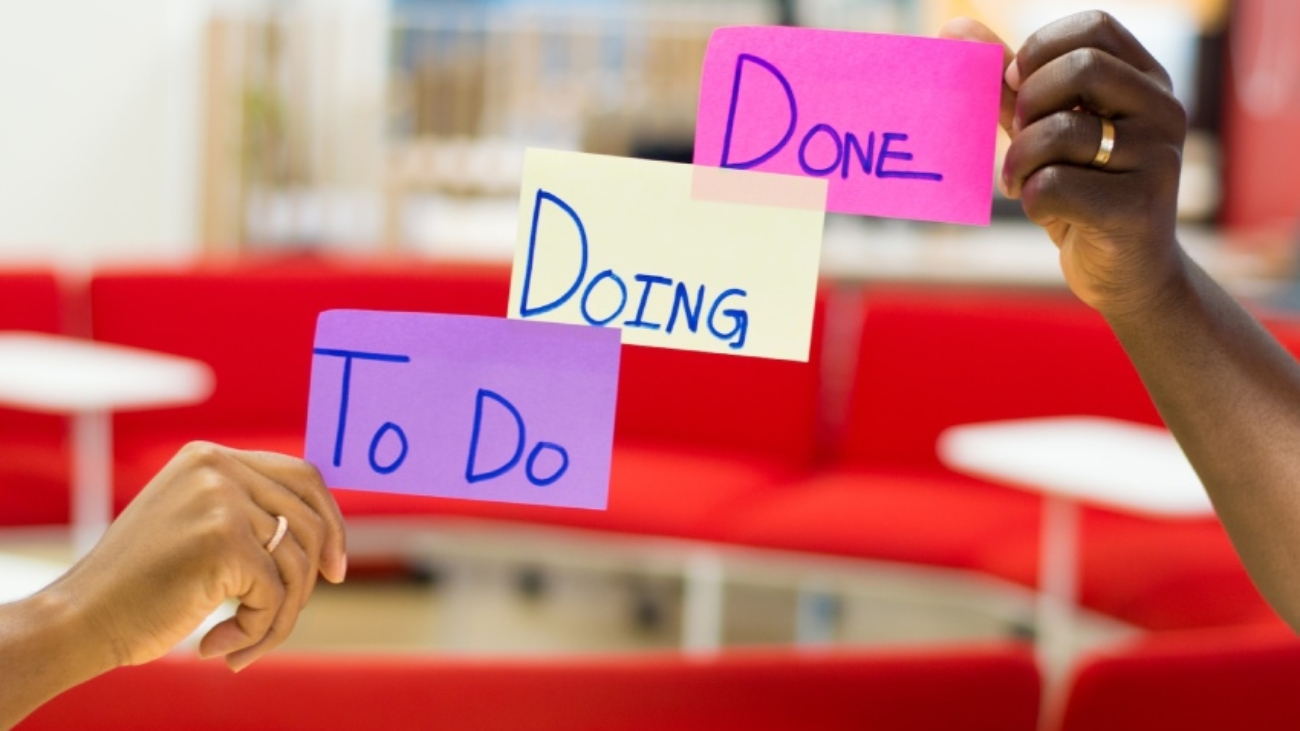In an era marked by rapid societal changes and complex challenges, the role of social entrepreneurship in fostering sustainable development has never been more critical. As we navigate these transformative times, the Socially Agile project stands at the forefront of empowering the youth to lead the charge towards creating impactful and sustainable social enterprises.
The Essence of Social Entrepreneurship
Social entrepreneurship transcends the traditional boundaries of business, blending profit with purpose to address pressing social, cultural, or environmental issues. It is about applying practical, innovative, and sustainable approaches to benefit society at large, often with an emphasis on those who are marginalized or disadvantaged. By harnessing the principles of social entrepreneurship, young visionaries can spearhead initiatives that contribute to their communities and offer scalable solutions to global problems.
Agile Methodology: The Catalyst for Change
Incorporating agile methodology into the foundation of social enterprises equips young entrepreneurs with the flexibility and resilience needed to thrive in dynamic environments. Agile practices emphasize adaptability, continuous improvement, and the importance of collaborative efforts, making them an ideal framework for navigating the complexities of social entrepreneurship. They encourage a mindset geared towards growth, learning, and the iterative development of ideas, ensuring that social ventures remain relevant and impactful over time.
Empowering the Youth is Our Greatest Asset
The youth possess the creativity, energy, and passion to drive societal change. Equipping them with knowledge in social entrepreneurship and agile methodologies is an investment in their future and a strategic move towards building a more equitable and sustainable world. Through education, mentorship, and access to resources, we can unlock the immense potential of young minds to innovate and lead social enterprises that leave a lasting legacy.
Conclusion
The journey towards creating sustainable social enterprises is both challenging and rewarding. It requires a deep understanding of the issues at hand, a commitment to ethical and responsible business practices, and an unwavering belief in the power of innovation. By fostering a culture of social entrepreneurship and equipping the youth with agile methodologies, we can pave the way for a future where businesses are not only profitable but also purpose-driven and socially responsible.



